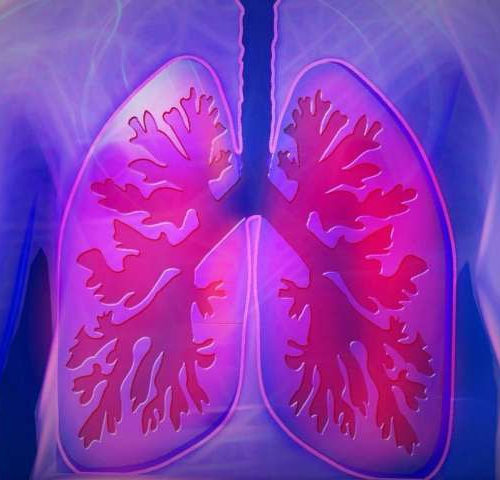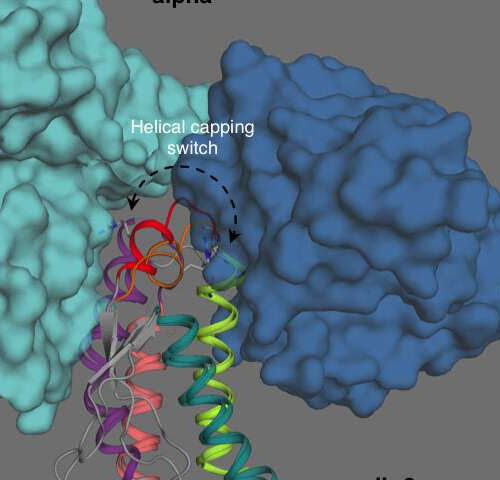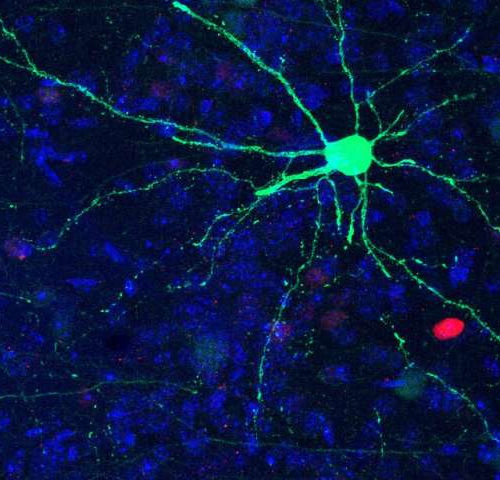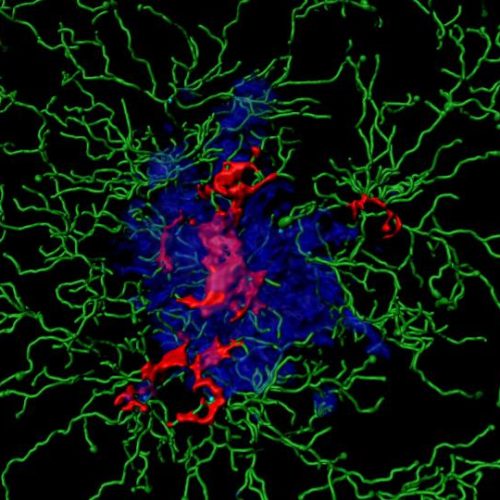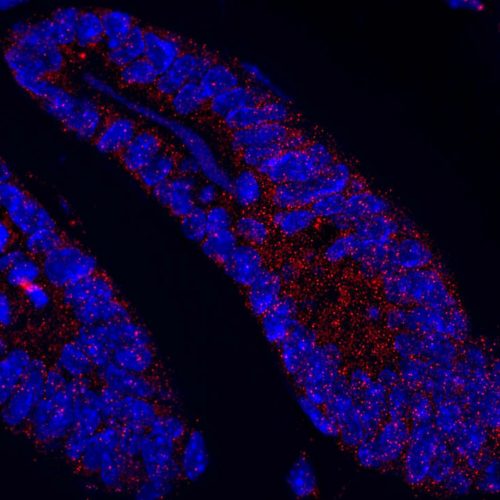University of Wisconsin–Madison researchers have identified a new way that common Aspergillus molds can induce asthma, by first attacking the protective tissue barrier deep in the lungs. In both mice and humans, an especially strong response to this initial damage was associated with developing an overreaction to future mold exposure and the constricted airways characteristic...
AI Finds Genes Related to the Sense of Smell Play a Role in Development of Cancer
A number of previous studies have found that the roughly 400 olfactory genes present in the human body are sometimes expressed beyond the nose, posing an interesting question for researchers involved in the field of genetics. Now, a study published in Molecular Systems Biology has shown that patients with colon cancer whose cells exhibit the...
Could a protein grown in lettuce help heal broken bones faster?
Bones heal slower in people with diabetes, but researchers are working on an affordable therapy using plants that could aid healing. For now, experiments in mice show promise. Researchers suggest delivering a protein drug via lettuce leaves could help heal bones faster. People with diabetes are not only more at risk of breaking a bone,...
New insights provide hope for new hair growth in adults
by Karolinska Institutet We are born with all the hair follicles that we will ever have in our lives, because after birth the skin loses the ability to create new hair follicles. If our skin is severely damaged it cannot form new hair follicles or associated sebaceous glands essential for keeping the skin moist. But...
High levels of iron in the lung linked to increased asthma severity
by European Lung Foundation Iron build-up in the lung cells and tissues is associated with worse asthma symptoms and lower lung function, according to new research published in the European Respiratory Journal. The researchers say that the study, which includes data from asthma patient samples and mouse models, is the first to definitively show a...
New understanding of immune modulator interleukin-2 guides drug discovery
by University of California – Santa Cruz The signaling molecule interleukin-2 (IL-2) has long been known to have powerful effects on the immune system, but efforts to harness it for therapeutic purposes have been hampered by serious side effects. Now researchers have worked out the details of IL-2’s complex interactions with receptor molecules on immune...
Study reveals that odor alters how memories are processed in the brain
by Kerry Benson, Boston University We’ve all experienced the strange memory-jogging power of scents. Perhaps the aroma of fresh pine brings you back to your childhood Christmases, or your heart starts to race when you step into a doctor’s office and the sharp odor of disinfectant fills your nose. Now, researchers from Boston University’s Center...
Alzheimer’s disease: Inflammation triggers fatal cycle
University of Bonn study proves disastrous contribution of an ancient immune mechanism UNIVERSITY OF BONN An immune reaction in the brain seems to play a major role in the development of Alzheimer’s disease. In a way, it “adds fuel to the fire” and apparently causes an inflammation that, in a sense, keeps kindling itself. The...
Loss of protein disturbs intestinal homeostasis and can drive cancer
UNIVERSITY OF ZURICH Colorectal carcinoma (CRC), the most common form of intestinal cancer, is the second leading cause of cancer related death worldwide. While some patients have a genetic predisposition to the disease, the majority of cases are sporadic and largely influenced by the ever-increasing “Western lifestyle”, which includes obesity, poor diet and physical inactivity.
Music as medicine? 30 minutes a day shows benefits after heart attack
Daily music sessions found to reduce anxiety, pain and subsequent heart problems AMERICAN COLLEGE OF CARDIOLOGY Listening to music can be enjoyable, but is it also good for your heart? Patients who suffered episodes of chest pain soon after a heart attack, known as early post-infarction angina, had significantly lower levels of anxiety and pain...




